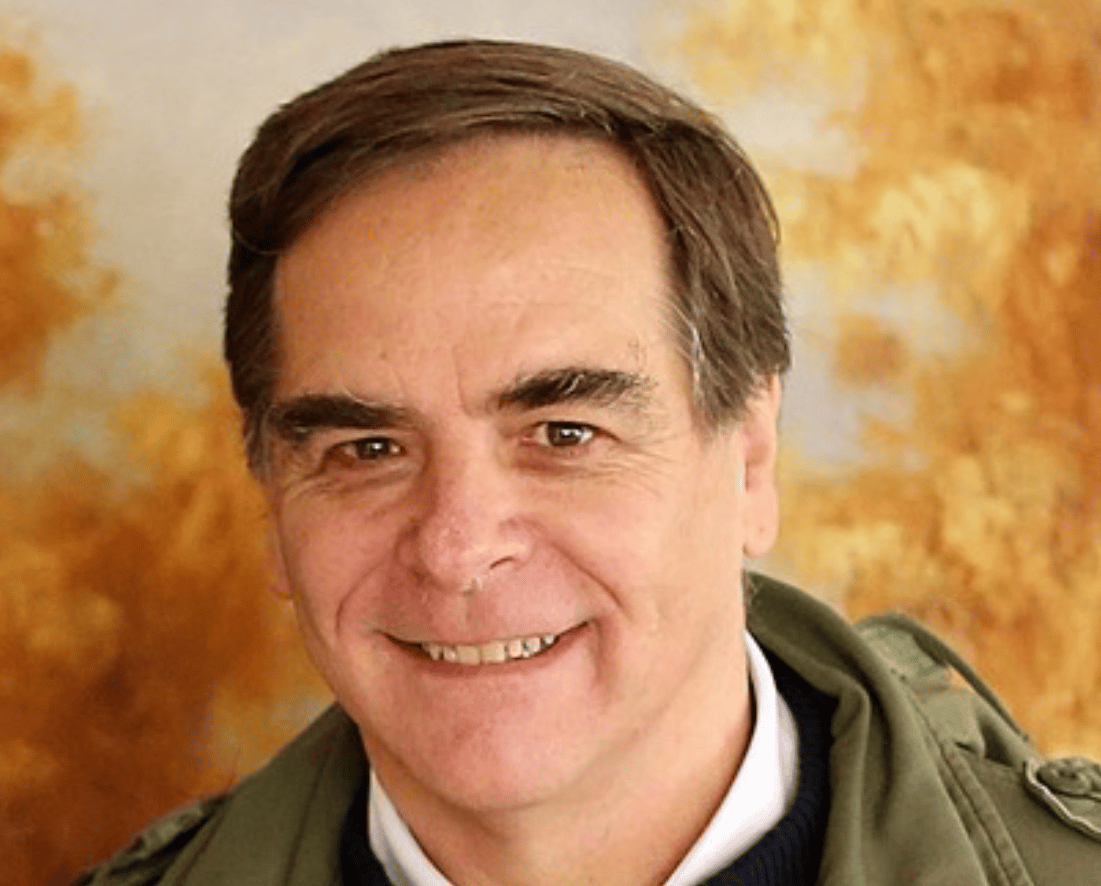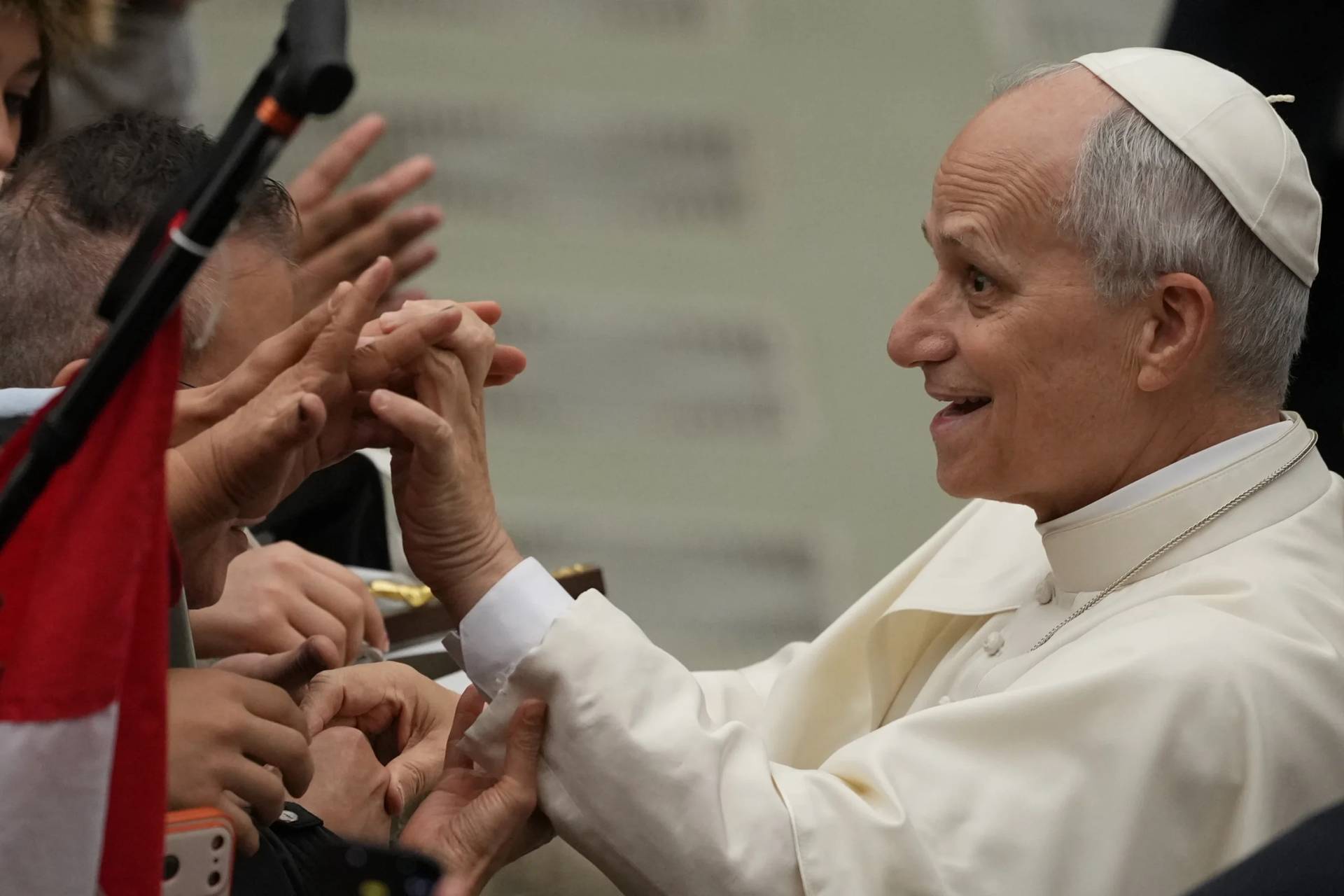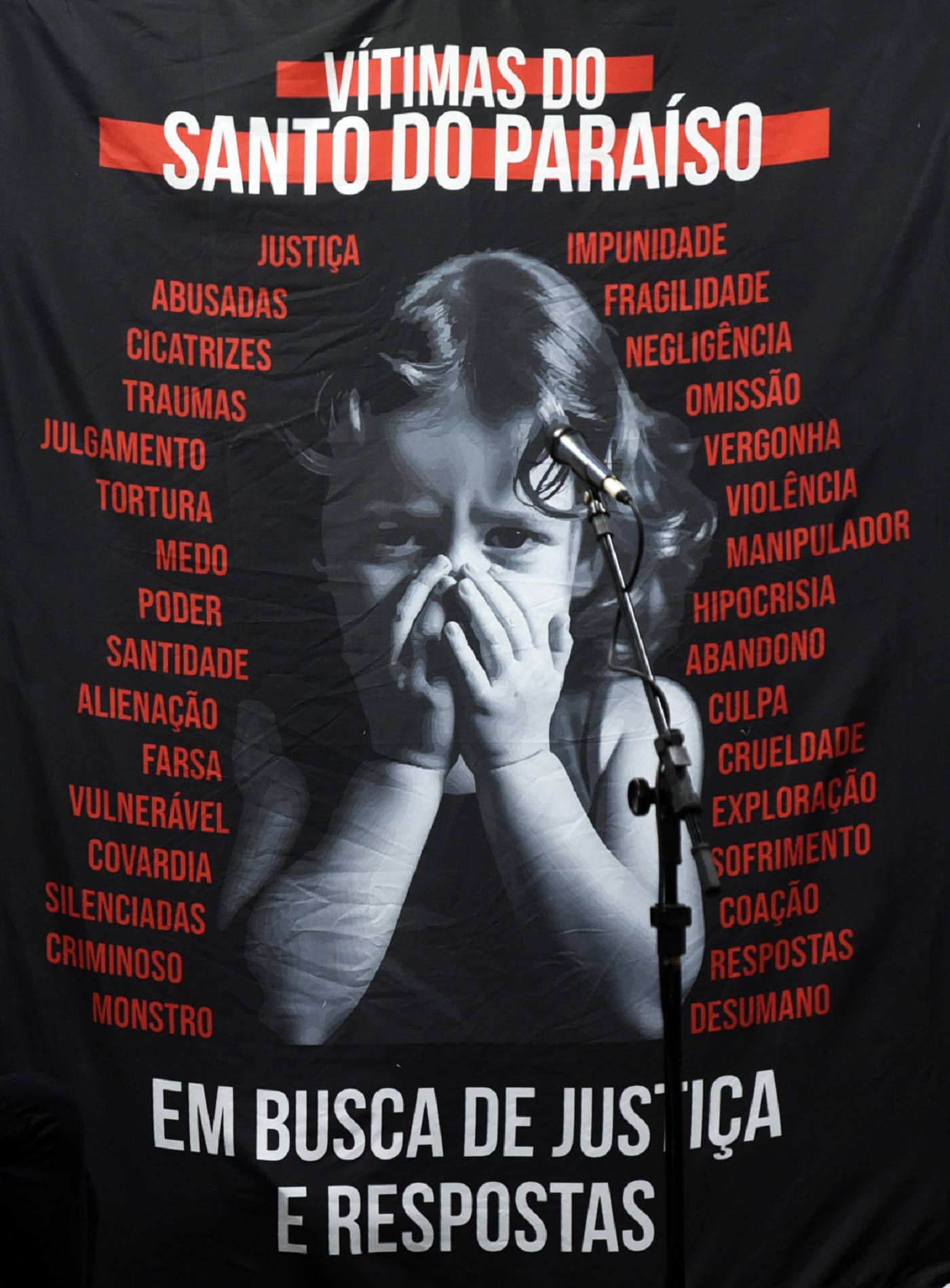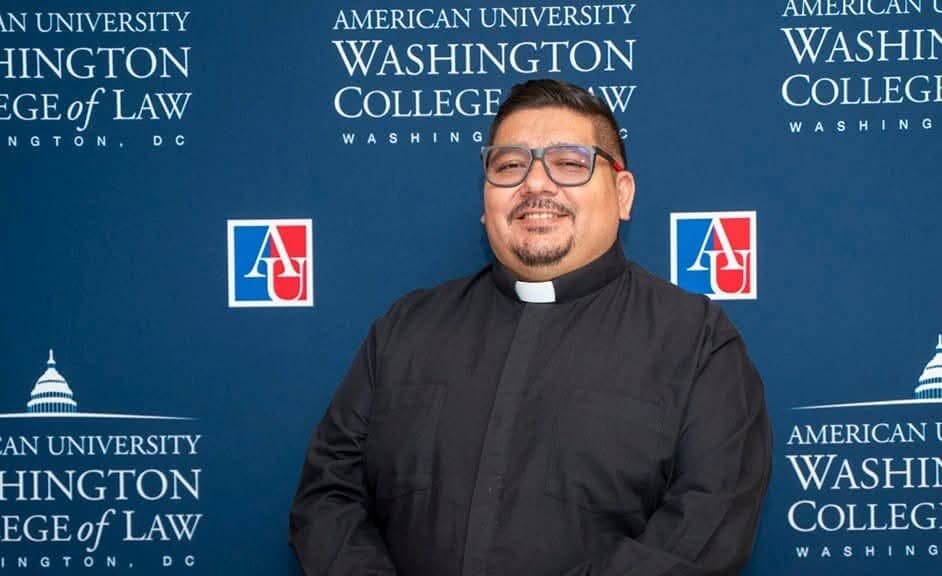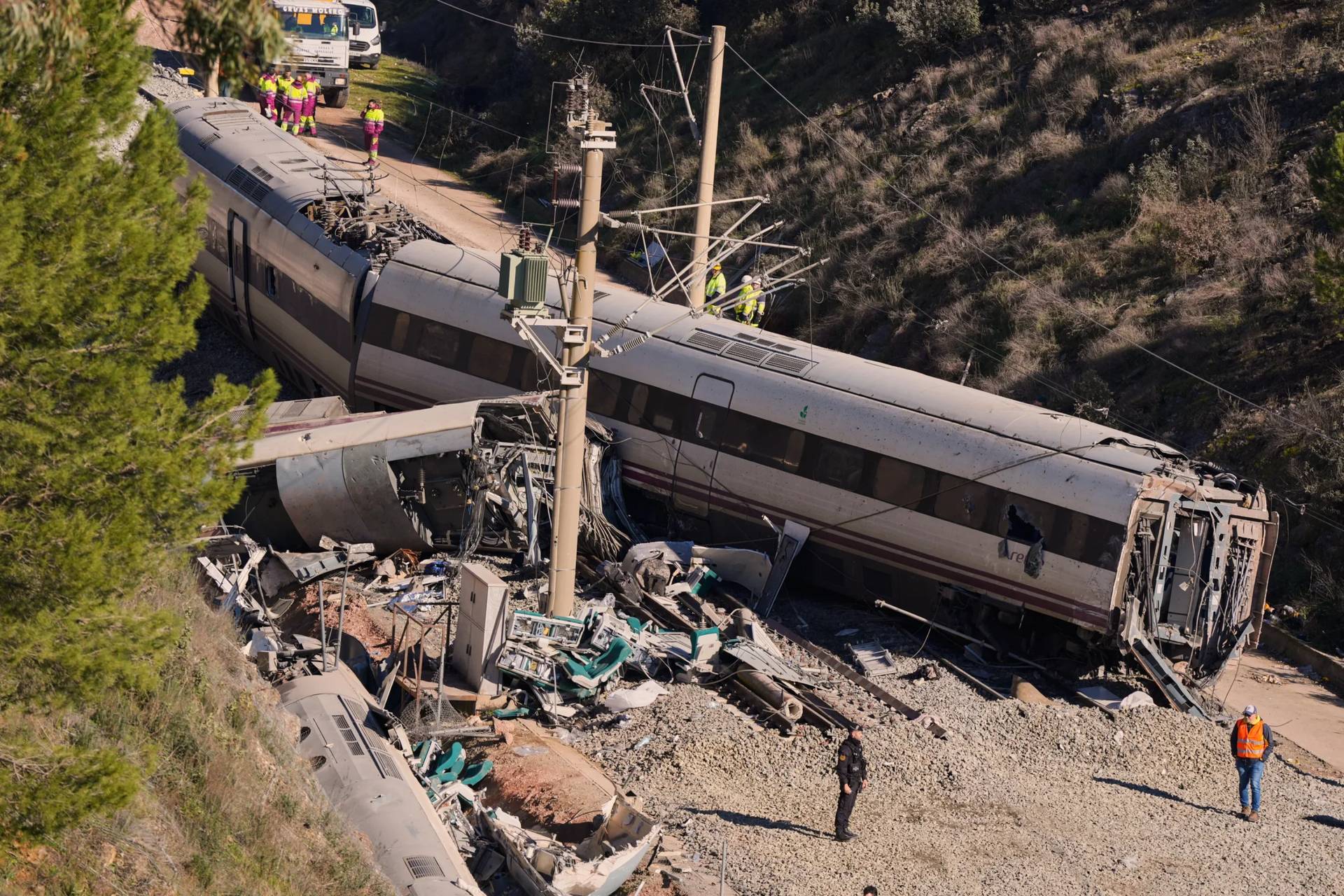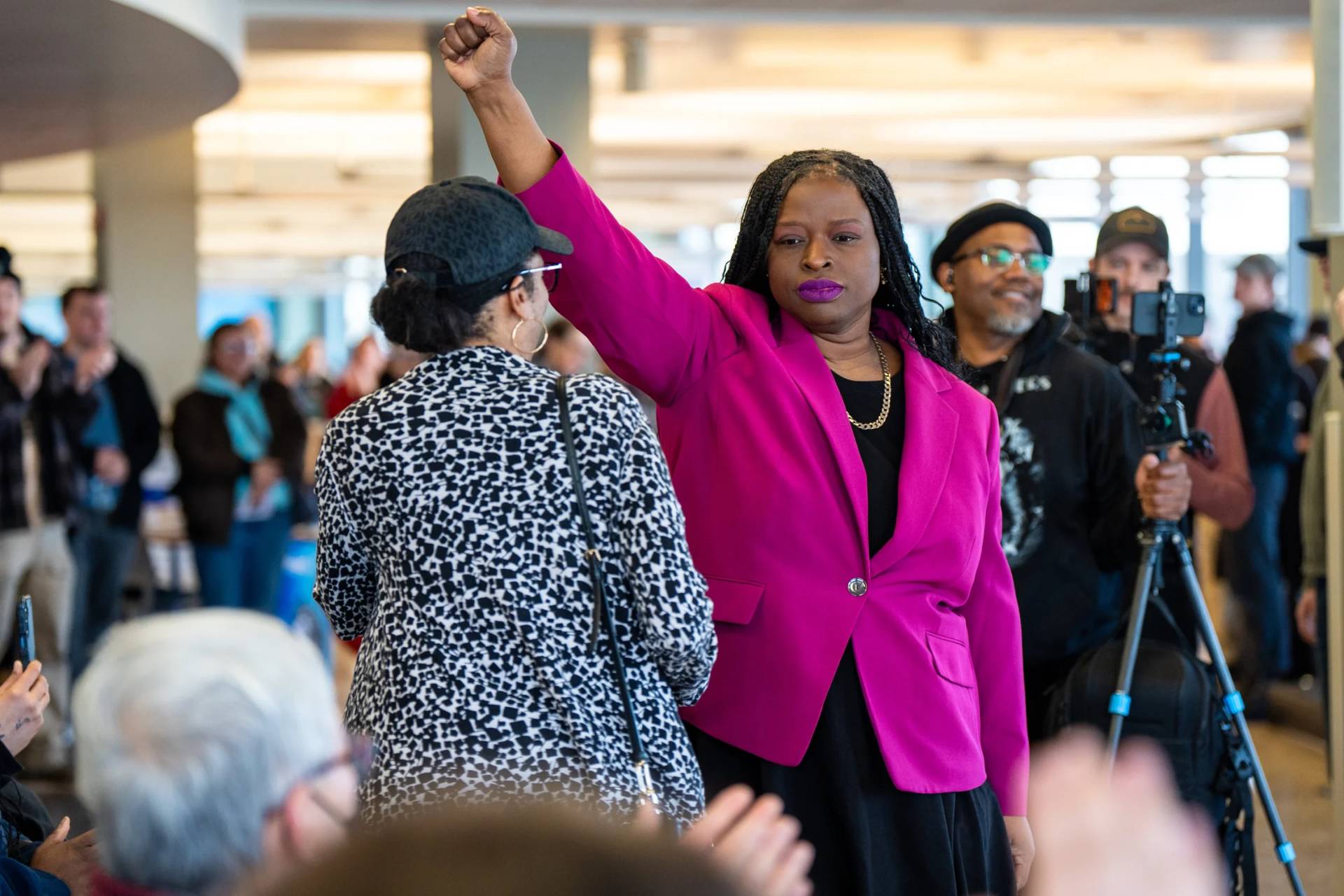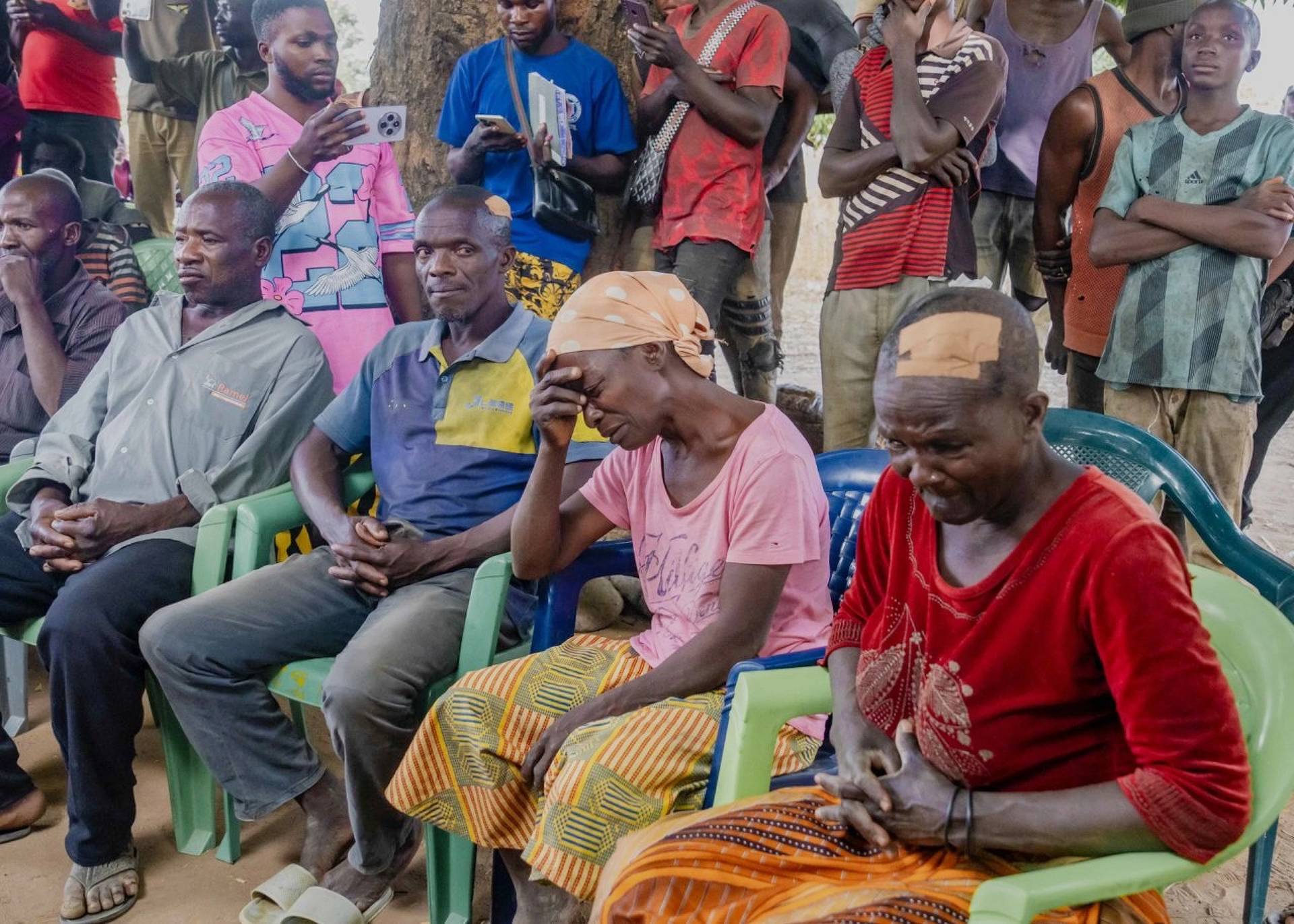ROME – For many survivors of Canada’s former residential school system, the apology Pope Francis is expected to deliver in person for the Catholic Church’s role in the abuse they endured marks a milestone in their journey of healing.
Speaking to Crux, Steve Sutherland, a spokesman for the Métis National Council, said an apology from Pope Francis on Canadian soil will be “a significant moment.”
“It would mark the beginning of what we hope would be a renewed commitment from the Catholic Church to walking the path of truth, reconciliation, justice, and healing with the Métis Nation and all Indigenous peoples across Canada,” he said.
Similarly, Grand Chief George Arcand Jr. of the Confederacy of Treaty Six First Nations, and Chief of the Alexander First Nation, told journalists during a July 21 press conference that “this apology is a way forward for our people in healing.”
“My mind and heart are with survivors…they have been carrying unimaginable trauma for many generations,” and their pain needs to be acknowledged, he said. “This closure is what they need.”
Chief Tony Alexis of the Alexis Nakota Sioux Nation also spoke at the press conference, saying some members of First Nations are still practicing Catholics, and they see the papal apology “as a recognition and acknowledgement.”
Some survivors are still angry, he said, and while the apology “is a validation of their experience and helps them in their healing experience, or to find the steps to move forward, true reconciliation is not a photo opportunity. There is still a lot of work ahead of us, but this is a good start.”
Both Alexis and Arcand spoke on a panel alongside survivors of a residential school who are expected to meet Pope Francis during his visit.
Treaty Six is the sixth of 11 treaties signed by the Canadian Crown and First Nations communities between 1871-1877, and the territory it covers stretches from western Alberta through Saskatchewan and into Manitoba. It includes 50 First Nations.
Pope Francis will make an official visit to Canada from July 24-30, making stops in Edmonton, Quebec, and Iqaluit.
His itinerary includes several meetings with Indigenous groups and a brief a visit to Maskwacis, which is home to the former Ermineskin Residential School, one of the largest in Canada. Francis is scheduled to land in Alberta, which was once home to the largest number of residential schools in the country.
Pope Francis will also hold a private meeting with survivors in the remote city of Iqaluit, his last stop before returning to Rome.
The pope’s visit to Canada comes after a series of private and individual meetings with Indigenous delegations from Canada in Rome earlier this year.
From March 28 – April 1 the pope met with delegations from Canada’s Assembly of First Nations (AFN), Métis National Council, and Inuit Tapiriit Kanatami communities, who were accompanied by members of the Canadian Conference of Catholic Bishops (CCCB).
These delegations were composed of Elders, “knowledge keepers,” residential school survivors, and young people from across Canada.
At the end of the week’s meetings, Pope Francis issued a highly anticipated apology for the “deplorable conduct” of the Catholic Church over its role in Canada’s residential school system, and he is expected to reiterate that apology at former residential school sites during next week’s visit to Canada.
Assuming Francis does so, it would fulfill Call to Action 58 of Canada’s Truth and Reconciliation Commission, which requested that the pope apologize on Canadian soil.
In his comments to Crux, Sutherland said the Métis Nation hopes for “a more fulsome apology” from the pope while in Canada but insisted that an apology is just one step on a much longer journey of truth, justice, healing, and reconciliation.
Other requests made during the visit of the Rome delegations earlier this year were financial compensation, which the CCCB has begun to allocate through a special fund for healing and reconciliation, and the opening of church archives on residential schools.
These things are a work in progress, Sutherland said. “We fully expect to continue this conversation with Vatican officials and the CCCB, not only during this trip, but into the future.”
“This visit will mean many different things to different people,” he said, stressing the importance of continuing to support survivors “throughout their respective healing journeys.”
Despite the hopes and expectations surrounding the papal visit, some First Nations communities are upset with the limitations of the pope’s itinerary – which is highly restricted, given his ongoing knee problems – as well as the fact that they were not consulted about the stops he should make.
In a July 21 email sent to Canadian Prime Minister Justin Trudeau, National Chief Rose Anne Archibald and Regional Chief Gerald Antoine of the Assembly of First Nations voiced gratitude for the papal visit but complained about what they said was “a pattern of disregard” by organizers on key planning and decision-making moments.
“What has become apparent is that this visit and apology has evolved to be more for the benefit of Canadian Catholic parishioners and the global Christian community and less about actual moves for reparations and reconciliation with the First Nation community that was harmed by institutions of assimilation and genocide,” they said.
Archibald and Antoine voiced concern that survivors in their communities were being “re-victimized in this unilateral process.”
“It is unfortunate,” they said, “that we as First Nations have not been the driving force in the planning of this state visit despite that this visit was really meant for us.”
They argued that the bulk of the planning was done by the Canadian Conference of Catholic Bishops, while First Nations “were kept on the periphery of the planning process,” with staff learning about details of the pope’s itinerary through media or the papal visit website, rather than open channels of communication.
An apology from Pope Francis for the church’s role in the abuse Indigenous children endured in residential schools, they said, “potentially represents a monumental moment for us and may serve to help put our shared collective pain behind us.”
“What we need to do, then, is to acknowledge it together and work together in a spirit of true collaboration on the healing path forward,” they said, and asked Trudeau to be an ally in engaging with the church “to ensure that our future relationship is based in mutual respect, trust, and cooperation.”
Sutherland also lamented to Crux that “much of the visit and programming around the visit has been developed by the CCCB and Vatican.”
“We wish Pope Francis the best of health and understand the limitations that have been put in place for his travel plan,” he said, noting that the Métis National Council has been allocated a certain number of tickets for each papal event, and they have worked with trip organizers to ensure that survivors are able to attend if they choose.
During Thursday’s Treaty Six press conference, Chief Randy Ermineskin of Ermineskin Cree Nation said that the pope’s visit and his apology have been a long time coming, “and we are grateful for this day that has finally come – that it is taking place in our homelands.”
A residential school survivor, Ermineskin did not speak of his own experience, but said one of his brothers came home during a school break and killed himself at the age of 17. “He came home but he didn’t come home…those are some of the truths that need to be revealed.”
Ermineskin said the moment is bittersweet and will “trigger emotions” for himself and many other survivors, but said the process, while difficult, is “a necessary one” in order to move forward.
“This apology will be a fundamental step toward healing, justice, and reconciliation,” he said.
Similarly, Elder and residential school survivor Gordon Burnstick from the Alexander First Nation told journalists Thursday that he is one of 16 children, all of whom attended residential schools.
Many of his brothers and sisters, he said, are slowly beginning to talk about their experiences, but hardly know one another, since boys and girls were kept separated and had few opportunities to interact apart from their brief trips home.
At a family gathering in 2007, one of his brothers told a sister that “I love you but I don’t know you,” and the two wept together. After witnessing that moment, Burnstick began to work with other survivors, and has offered support ever since.
Similarly, Elder and residential school survivor Rod Alexis from the Alexis Nakota Sioux Nation said the pope’s visit is a time to “voice our concerns” and share what they encountered and experienced at residential schools.
Alexis, whose parents are also residential school survivors, said his father at one point confessed that he did not know how to be a dad, and that saying “I love you” and showing physical affection toward his children was difficult given the trauma he experienced in residential schools.
“I think the journey we are going to go on is a long journey and it’s not easy, because some of those wounds are too far gone and we see our young generations today dying of drugs, alcohol, or they are in jail, because of the trauma they went through,” he said.
“To have reconciliation, you have to have peace around you,” Alexis said, voicing hope that the papal visit would help Canada as a whole understand what Indigenous communities endured and the value of their traditions.
In his remarks, Arcand said the pope’s visit is “an important historical moment for survivors of the residential school system” in light of “the harm caused by the Catholic Church.”
This visit “is for survivors and their families, for truth and validation,” he said, saying the wounds of the past “cannot be undone, but it is important for us to come together.”
The process of healing and reconciliation, he said, “doesn’t end here. There is a lot to be done; this is only the beginning.”
Follow Elise Ann Allen on Twitter: @eliseannallen









